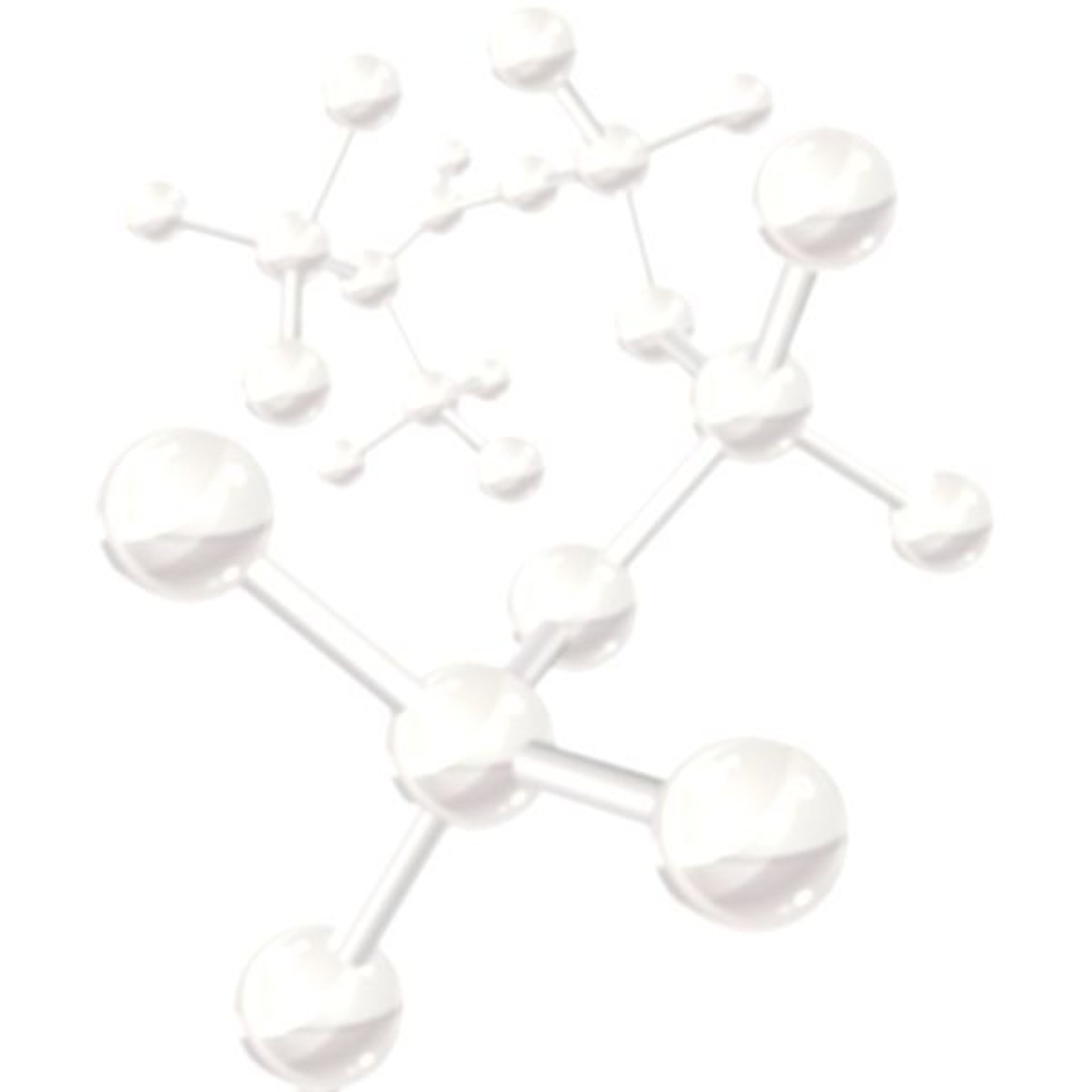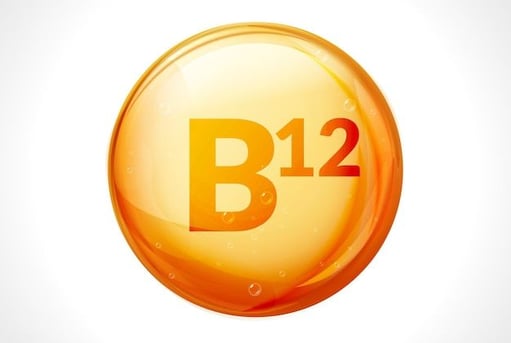Vitamin B12
Unveiling Plant-Based Vitamin B12 Sources for Optimal Health
NUTRITION
Rohit
1/13/20201 min read



Vitamin B12, a crucial nutrient for various bodily functions, has long been associated with animal products. However, plant-based alternatives have been gaining recognition for their potential to fulfill this nutritional need naturally. In this blog, we'll delve into the world of plant-based vitamin B12 sources, exploring their content, benefits, and how they compare to their animal-derived counterparts.
Understanding Vitamin B12: Vitamin B12, also known as cobalamin, plays a vital role in neurological function, DNA synthesis, and red blood cell formation. Traditionally found in animal products, the challenge for plant-based individuals is to ensure an adequate intake without relying on supplements.
Plant-Based Vitamin B12 Sources:
Nutritional Yeast:
Content: Nutritional yeast is a powerhouse of B vitamins, including B12.
Benefits: Enhances flavor in various dishes while providing essential nutrients.
Algae and Seaweed:
Content: Certain types of algae and seaweed contain bioactive forms of B12.
Benefits: A natural option for those looking to incorporate marine-based sources into their diet.
Mushrooms:
Content: Some studies suggest that certain mushrooms may contain traces of B12.
Benefits: A tasty addition to various dishes with potential B12 benefits.
Fermented Foods:
Content: Fermented foods like tempeh and miso might contain B12-producing bacteria.
Benefits: Contributes to gut health and provides a potential source of B12.
Comparing Plant-Based and Animal-Based Sources: While animal products have traditionally been the go-to for vitamin B12, plant-based alternatives offer distinct advantages:
Nutrient Diversity: Plant-based sources offer a wide range of other essential nutrients, promoting overall health.
Low in Saturated Fat: Plant-based sources are often lower in saturated fat, supporting heart health.
Ethical and Environmental Considerations: Choosing plant-based options aligns with ethical and sustainable dietary choices.
Conclusion:
In conclusion, the realm of plant-based vitamin B12 sources is expanding, offering viable alternatives for those adopting a plant-centric lifestyle. While fortified foods and supplements remain an option, incorporating natural sources into your diet ensures a holistic approach to nutrition. Embracing a plant-based diet not only meets vitamin B12 needs but also aligns with broader health, ethical, and environmental considerations. As with any dietary change, it's essential to consult with a healthcare professional for personalized advice.
Enlightenment in your Inbox
Care@LiveBetter.co +91 98 10 22 57 00


© 2023 Live Better
